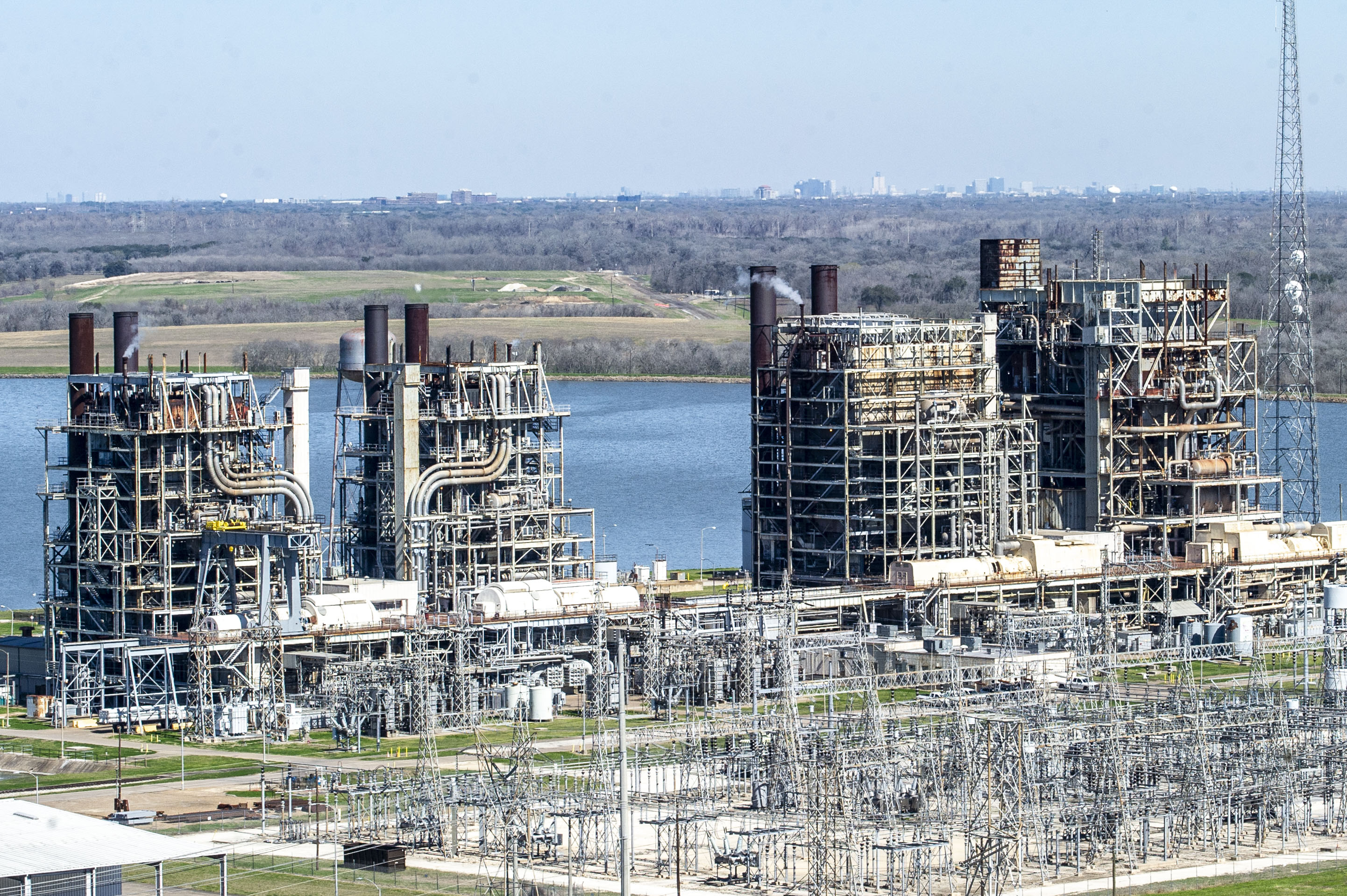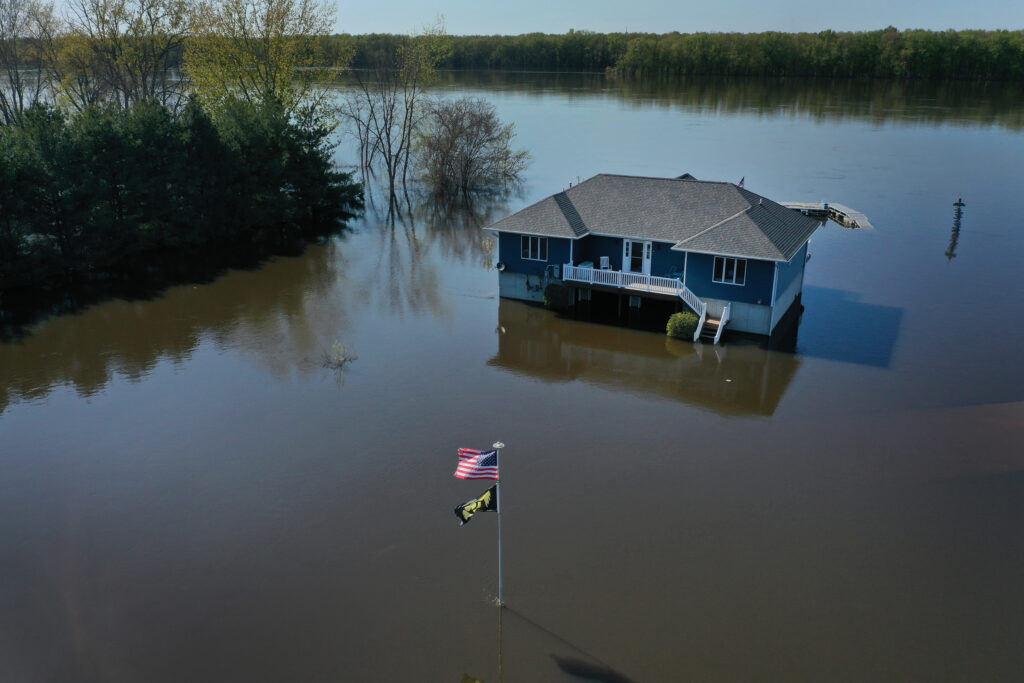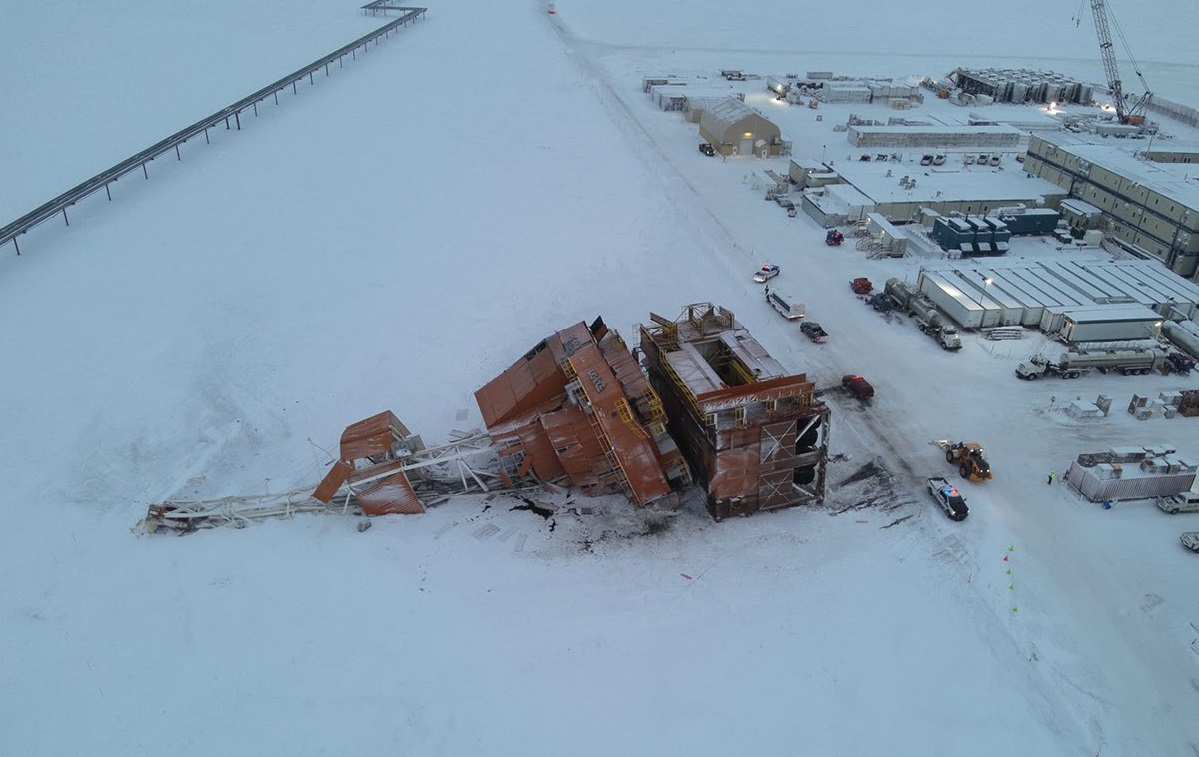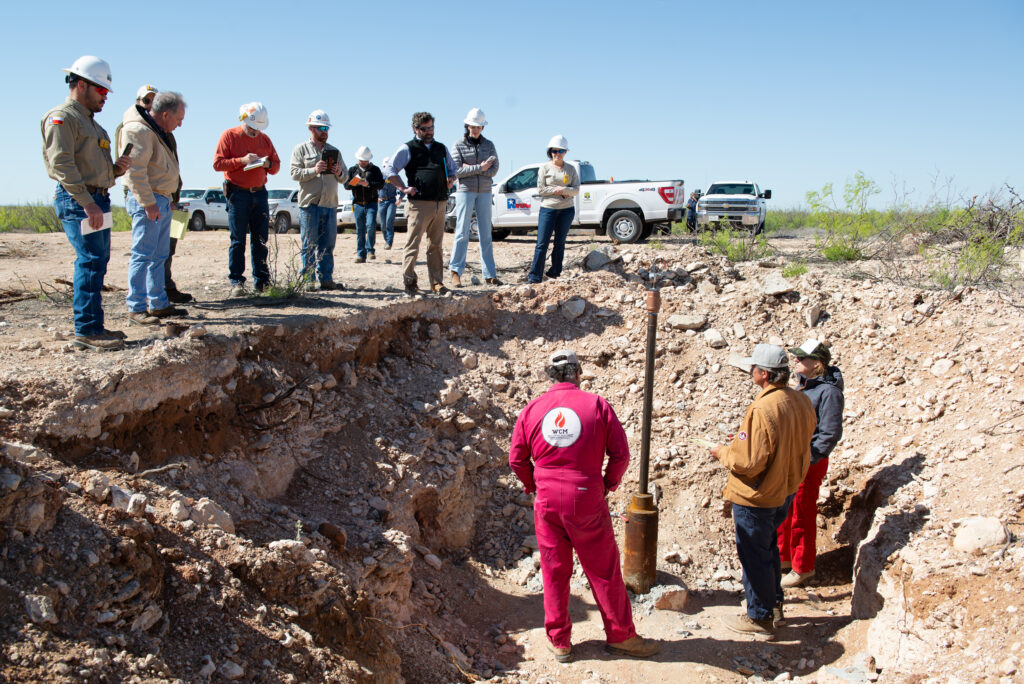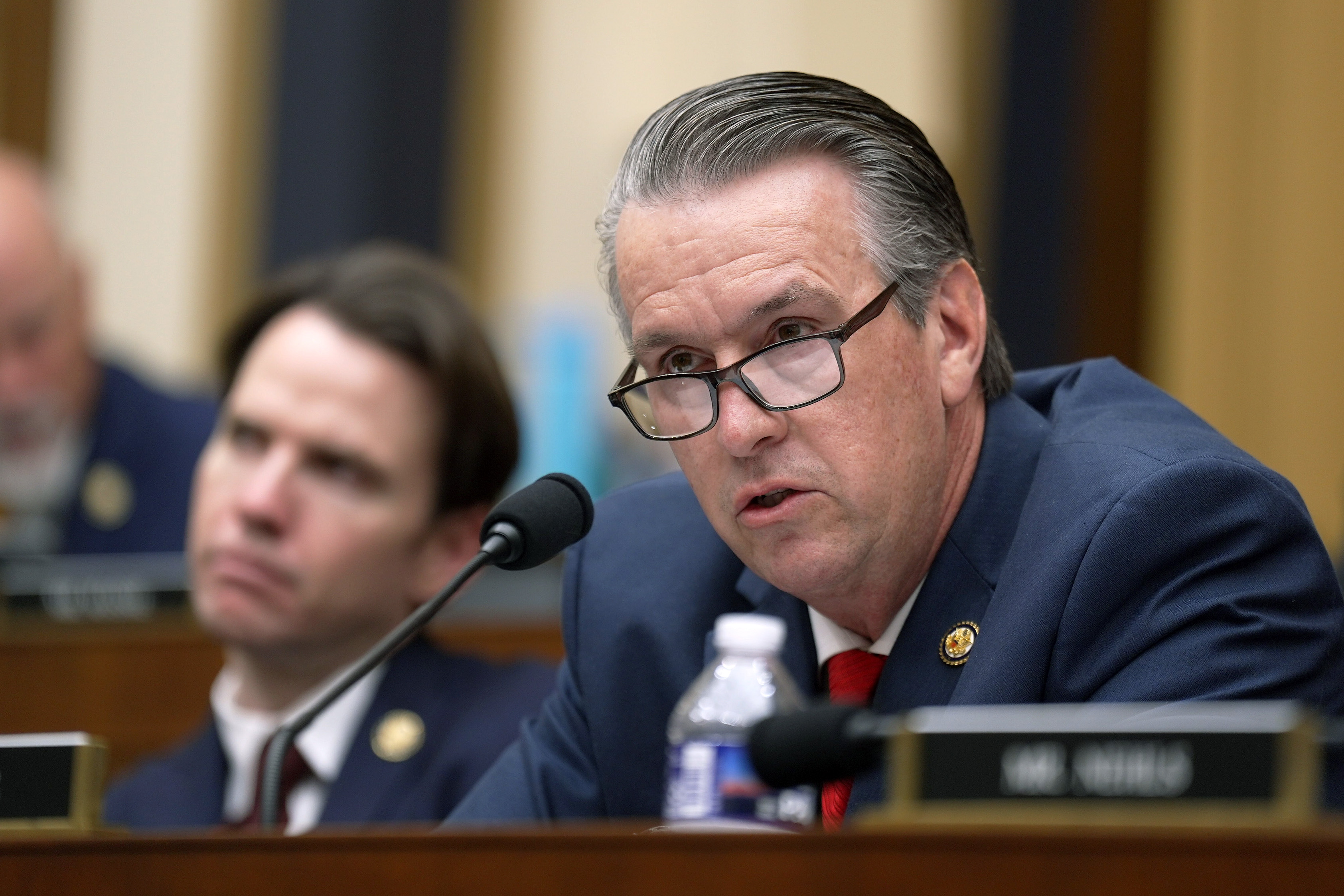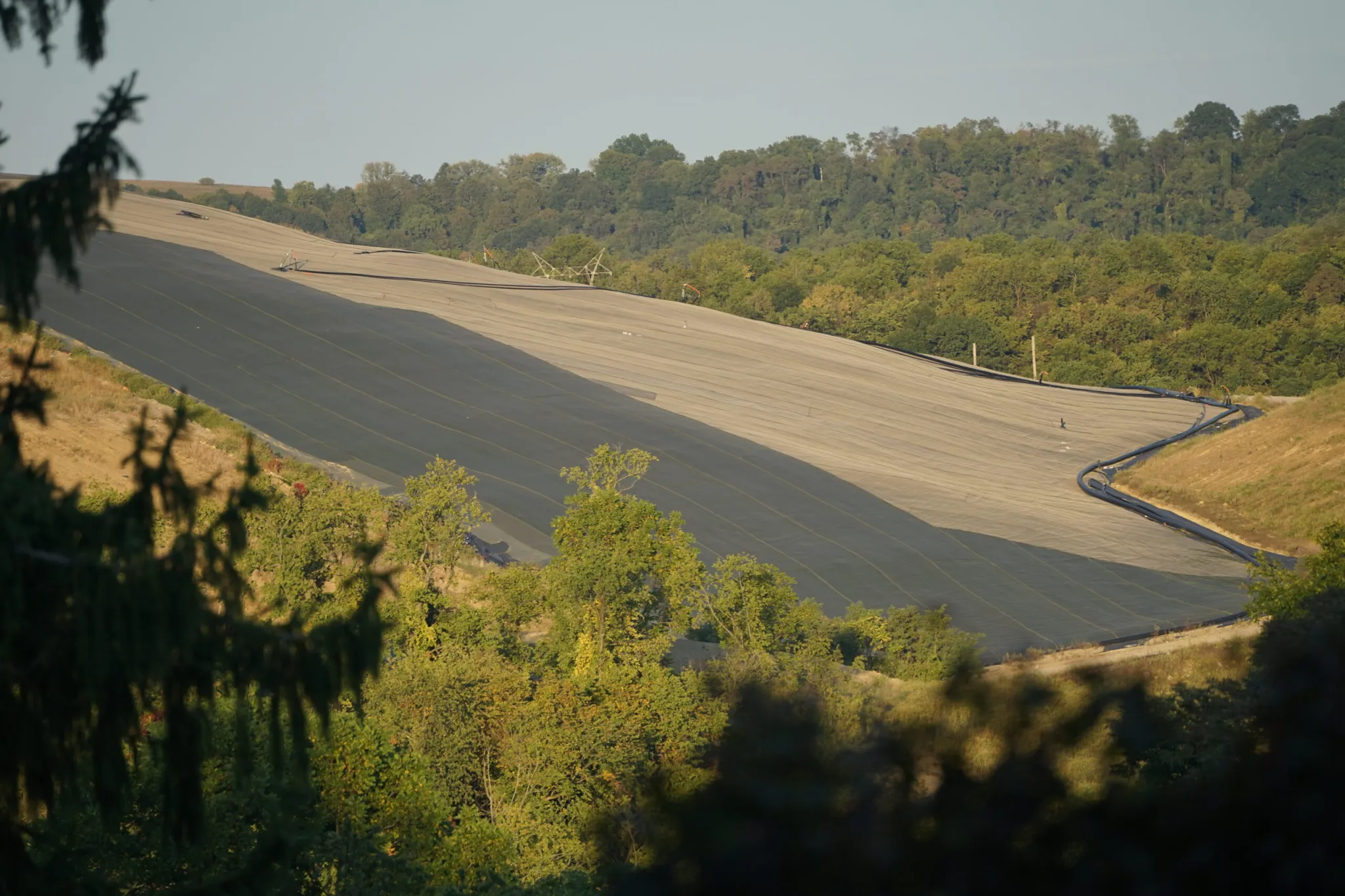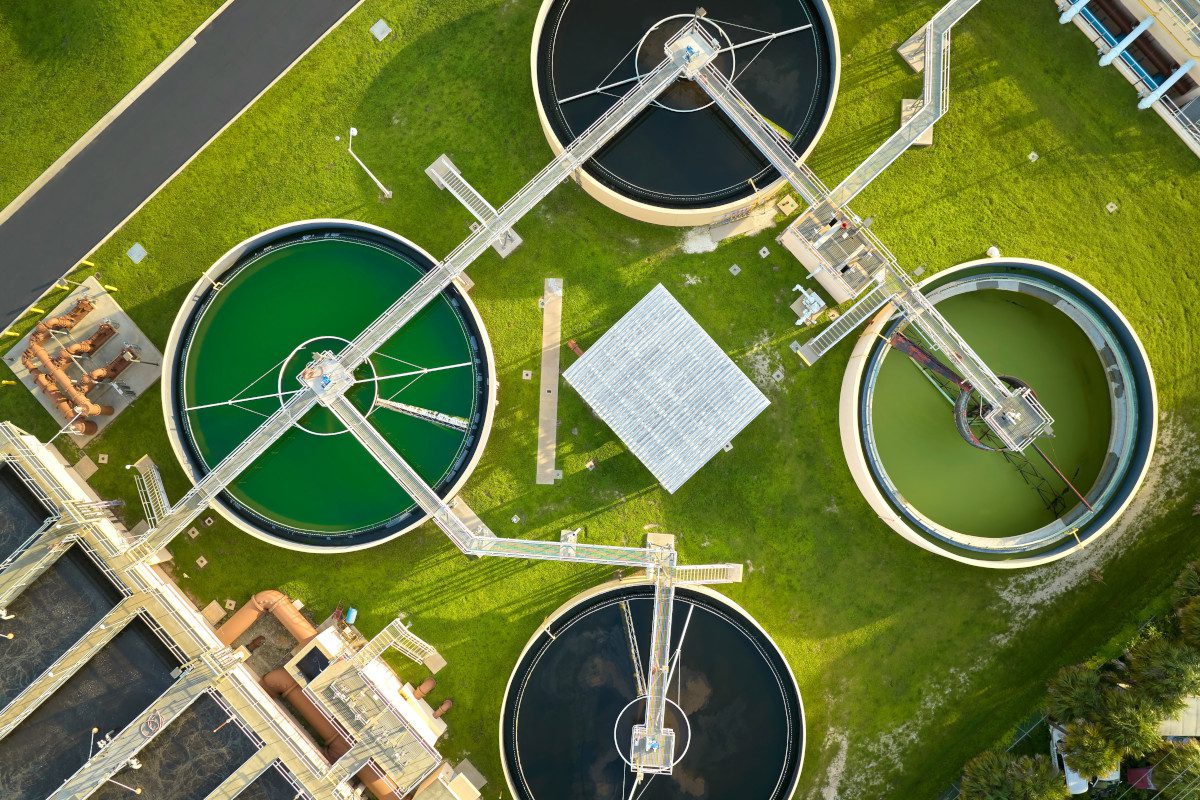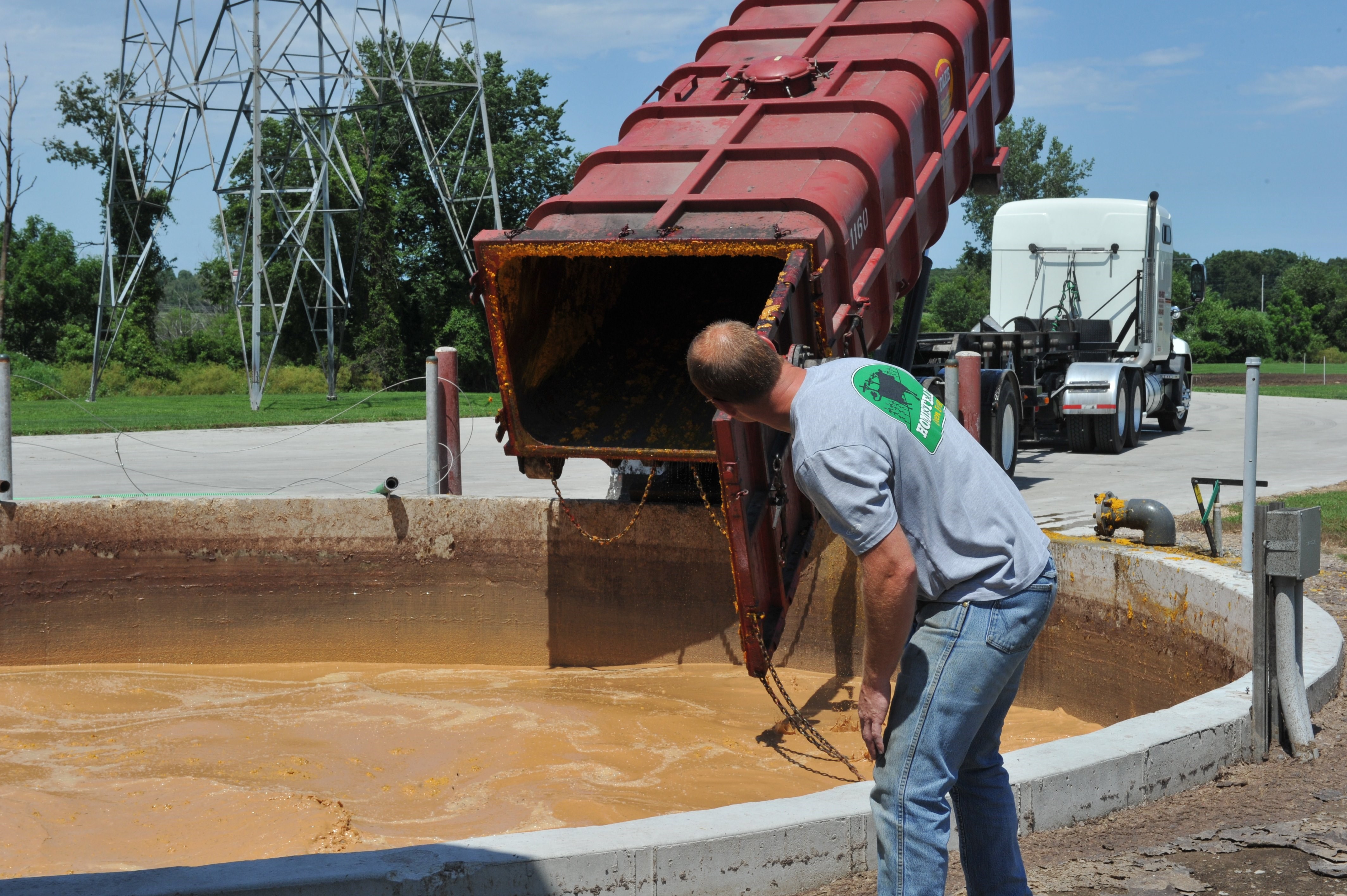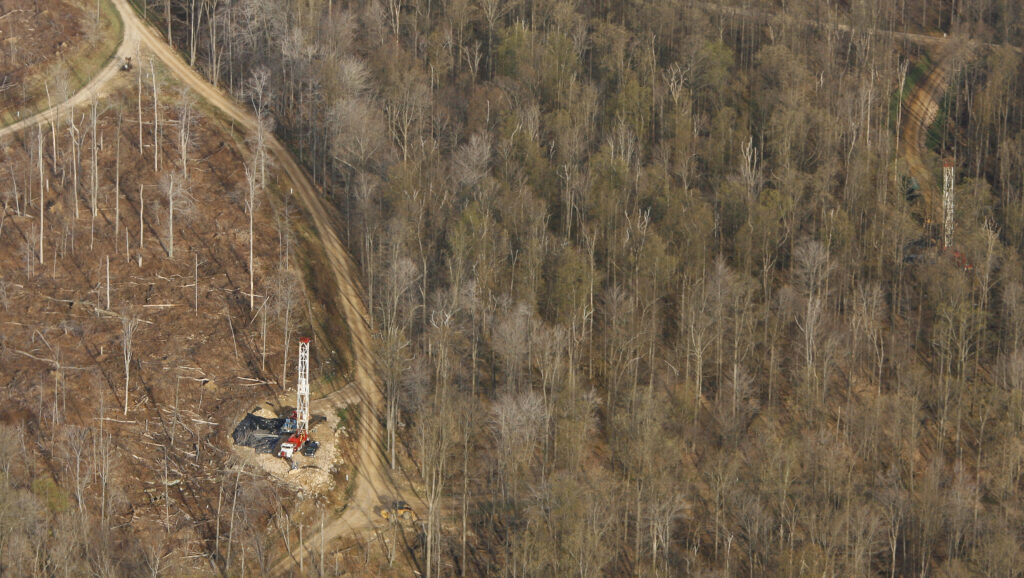From our collaborating partner “Living on Earth,” public radio’s environmental news magazine, an interview by producer Aynsley O’Neill with Kristina Marusic, a journalist for Environmental Health News. This interview has been edited for length and clarity.
In November 2023, Environmental Health News reporter Kristina Marusic talked with Living on Earth about the bid by the Pennsylvania Gov. Josh Shapiro to unmask the secret chemicals used in hydraulic fracturing, or fracking, though some details were lacking.
Now the state has advanced rules that would require gas and oil drillers to disclose any toxic chemicals they plan to inject into the ground, rather than only requiring them to tell regulators after the fact.
But some chemicals will remain shrouded in mystery, since those that are considered “trade secrets” are exempted, and the new rule only applies to new fracking operations, not existing projects.
Here’s what the new fracking rules mean for keeping drinking water safe.
We’re hiring!
Please take a look at the new openings in our newsroom.
See jobs
KRISTINA MARUSIC: The big changes with this new policy are that now every single company that wants to drill a well in the state of Pennsylvania will have to submit a list of the chemicals they intend to use to the Pennsylvania Department of Environmental Protection before they drill the well, as opposed to after, and the Department of Environmental Protection is now going to post those lists on its own website and make them publicly available before drilling happens.
AYNSLEY O’NEILL: So increased transparency is the goal, and they’re going to publicly post these lists. What does that mean for the people in these communities? What can they do with these lists of chemicals now that they are going to be disclosed?
MARUSIC: This theoretically might give communities more of an opportunity to say we’re not comfortable with these chemicals being used to drill a well in our community, and to either use that during public hearings about the permitting process, or to negotiate with an oil and gas company or ask an oil and gas company to change the mixtures of chemicals that they’re using. There’s no guarantee that that would be effective, of course, but I do think, in general, it’s helpful for communities to know what chemicals a fracking company is proposing to use in wells that they want to drill near their homes and schools and businesses.
O’NEILL: What are the concerns with fracking when it comes to chemical exposure?
MARUSIC: There are more than a thousand different chemicals that have been used in these fracking fluid mixtures over the years. These chemicals can include carcinogens like formaldehyde, arsenic and benzene; possible carcinogens like naphthalene and acrylamide; and ethylene glycol, which is linked to damage to the kidneys, nerves and respiratory system.
We also know that PFAS—or forever chemicals—have been used in fracking in various parts of the country, including Pennsylvania. The concern is that communities may be exposed to these chemicals through the process of fracking. There’s a specific federal loophole called the Halliburton Loophole that exempts the oil and gas industry from federal regulation under the Safe Drinking Water Act.
This means that the industry can use hazardous chemicals like these without being subject to the same regulations as other industries that want to use these types of chemicals. I wrote about a 2023 study that found that fracking companies used more than 280 million pounds of hazardous chemicals from 2014 to 2021 that should have been regulated under the Safe Drinking Water Act, but weren’t because of this Halliburton loophole.
O’NEILL: Governor Shapiro’s announcement means that there’s a step being taken towards increased transparency. But this new policy does not cover chemicals that are considered trade secrets. What’s the trouble there?
MARUSIC: In Pennsylvania, and lots of other states where there’s a big oil and gas presence, a lot of the public disclosure laws for these chemicals have a trade secrets provision that allows companies to withhold information about chemical mixtures that they say are proprietary, or that constitute trade secrets.
There’s a specific federal loophole called the Halliburton Loophole that exempts the oil and gas industry from federal regulation under the Safe Drinking Water Act.
There was another study last year that showed that the number of times and the quantities of chemicals that companies are claiming are trade secrets in their public chemical disclosures has increased pretty dramatically over time, which some people find concerning. And this new policy still allows for companies to withhold that information from the public.
In Pennsylvania, companies have always been required to provide that information to state regulators if they ask for it. So while that information won’t be included in the public disclosures, in theory, the Department of Environmental Protection should get the complete list including those trade secret chemicals. One problem with that is that operators buy these mixtures of chemicals from third parties. One of the companies that sells the most of this stuff is Halliburton, [of] the Halliburton Loophole.
They’re called things like ‘Frack Magic.’ They have very goofy names, these fracking chemical mixtures. And they don’t always come with complete ingredient lists, because they’re not required to by law. In a lot of instances, operators don’t actually know what’s in these fracking chemical mixtures, so they’re not able to provide a complete list to regulators. In Pennsylvania, the law specifically says that they can’t get in trouble for not disclosing a complete list if it’s because they don’t have it. So there’s this kind of lack of transparency all throughout the supply chain that causes problems.
This story is funded by readers like you.
Our nonprofit newsroom provides award-winning climate coverage free of charge and advertising. We rely on donations from readers like you to keep going. Please donate now to support our work.
Donate Now
O’NEILL: Now that this new policy is taking effect, what repercussions would fracking companies face if they don’t abide by the policy, if they don’t make these chemical lists available to the public?
MARUSIC: The Pennsylvania Department of Environmental Protection says it’s actively providing training to fracking operators on these new rules, and that it plans to review all of these documents before drilling happens to make sure that this information has been provided. The agency didn’t directly respond to my questions about whether drilling permits could be denied if companies didn’t provide this information, but they did say that the agency will conduct enforcement as needed to ensure compliance with these new rules.
In general, the agency’s enforcement tools typically include notices about violations and ongoing communication with fracking companies about coming into compliance. If that’s not effective, they can ultimately fine a company for not adhering to its policies.



